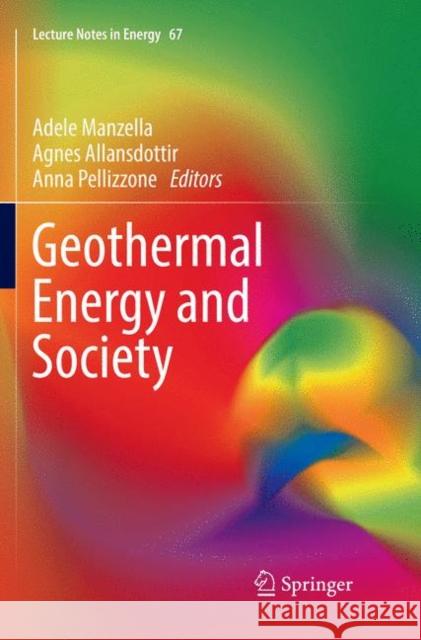Geothermal Energy and Society » książka
topmenu
Geothermal Energy and Society
ISBN-13: 9783030086640 / Angielski / Miękka / 2019 / 288 str.
Kategorie:
Kategorie BISAC:
Wydawca:
Springer
Seria wydawnicza:
Język:
Angielski
ISBN-13:
9783030086640
Rok wydania:
2019
Wydanie:
Softcover Repri
Numer serii:
000444183
Ilość stron:
288
Waga:
0.44 kg
Wymiary:
23.39 x 15.6 x 1.65
Oprawa:
Miękka
Wolumenów:
01
Dodatkowe informacje:
Wydanie ilustrowane











